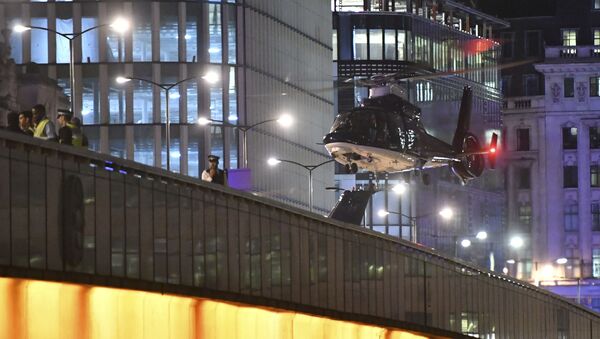An official report by David Anderson QC, the UK government's former independent reviewer of terrorism legislation, has revealed Khuram Butt, ringleader of the June 3 2017 London Bridge terrorist attack, was under surveillance by MI5 and MI6 agents and Scotland Yard, and still the subject of "a live investigation" on the night of the attack.
Butt, former disciple of jailed fundamentalist preacher Anjem Choudary, had been on MI5's radar since mid-2015 as a "subject of interest" — it was thought likely he was planning an attack, and up to 30 intelligence staff and undercover police monitored his movements him round the clock.
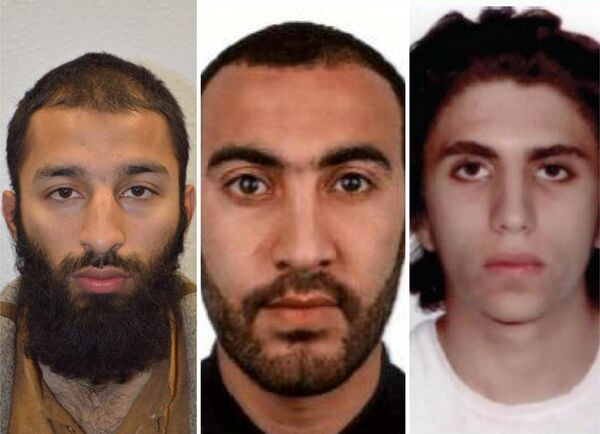
A mere two hours later, the vehicle was mowing down pedestrians on London Bridge, killing two and injuring scores more, before the jihadi trio exited and embarked on a stabbing spree, attacking Friday night revellers at nearby pubs and restaurants, killing six. They were only stopped when armed police arrived and shot them dead, eight minutes after the attack commenced.
Recurring Theme
While an unsettling disclosure, intelligence services researcher Tom Secker says it cannot be deemed shocking, as intense intelligence agency surveillance of suspects prior to attacks, and missed opportunities to prevent such events, are a recurring theme of major terrorist incidents in Western countries.
"If Butt was considered a low-level risk, why was he still under active surveillance right up until he launched an attack in London? Assuming this story is true, MI5 either deliberately let this attack happen — in which case they're guilty of facilitating terrorism — or are so incompetent this has to constitute gross criminal negligence. If you can have a guy under close surveillance and he can still carry out a terrorist attack then what use are MI5?" Mr. Secker told Sputnik.
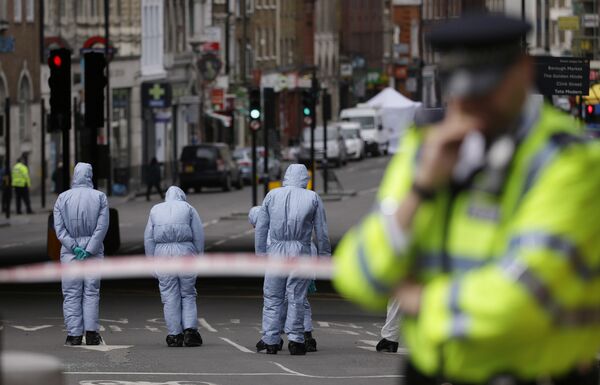
"With the 7/7 bombings, the 'intelligence failures' were too numerous to mention, and went on for years. During Operation Downtempo in early 2005 — an attempt to identify two men who'd been to a training camp in Pakistan run by FBI informant Mohammed Junaid Babar — an MI5 desk officer intuitively guessed the two men would be the same guys who turned up during Operation Crevice in 2003-4, but no one followed it up. The officer was right — the two men were Sidique Khan and Shehzad Tanweer, two of the supposed bombers," Mr. Secker continued.
Recurring Theme
Moreover, the revelations about the monitoring of Butt follow an official report exposing how UK security services also missed opportunities to prevent the suicide bombing at Manchester Arena in May that year, when a homemade bomb detonated by Islamist Salman Abedi killed 23 people and injured over 500.
Reports indicate MI5 had been tipped off about Abedi, and he was similarly placed on the "subjects of interest" list. The intelligence agency scheduled a meeting to discuss whether Abedi "merited further examination" a mere week after the attack took place.
The report concluded on at least five separate occasions prior to the attack, intelligence was received by MI5 to the effect Abedi harbored extremist views and was willing and able to act upon them. Authorities were also aware Abedi's father was linked to LIFG, a well-known militant Islamist group in Libya proscribed in Britain. Abedi also had links to several British-based jihadis with Daesh connections.
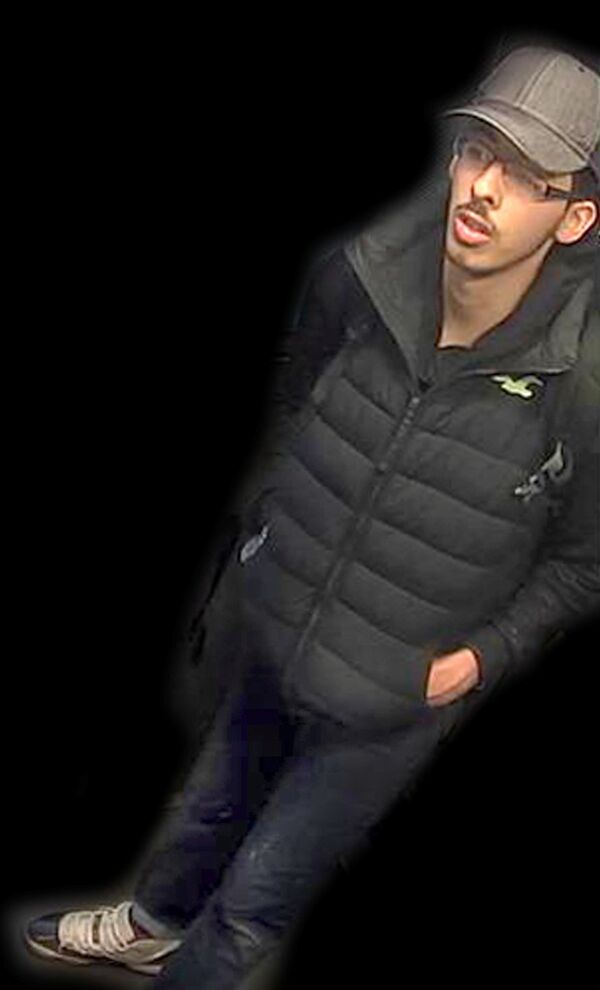
The only question is why this phenomenon keeps recurring — Mr. Secker suggests it's because "no one holds the security services to account."
"The mainstream media shies away from actually going through documents and pointing out where MI5's story doesn't make sense. In the years following 7/7 MI5 told at least four distinct stories about what they knew and when, and even their final story is contradicted numerous times by their own documents. To date, not a single major journalist has dared to point this out," he told Sputnik.
Moreover, he notes the UK government is refusing to hold itself to account — Anderson's official report is a "whitewash" despite its exposures.
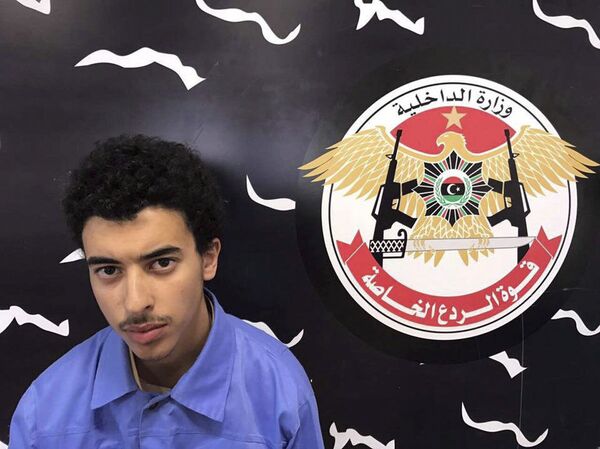
The views and opinions expressed by Tom Secker are those of the contributor and do not necessarily reflect those of Sputnik.
